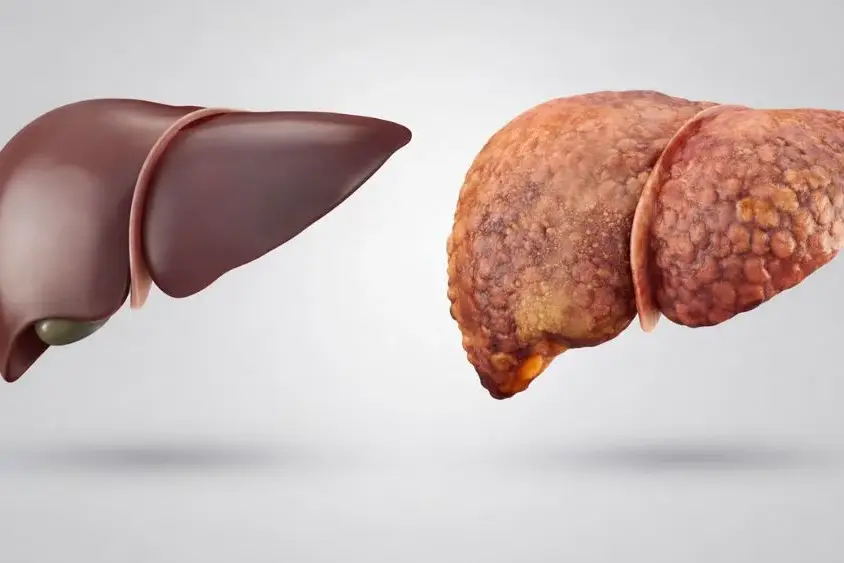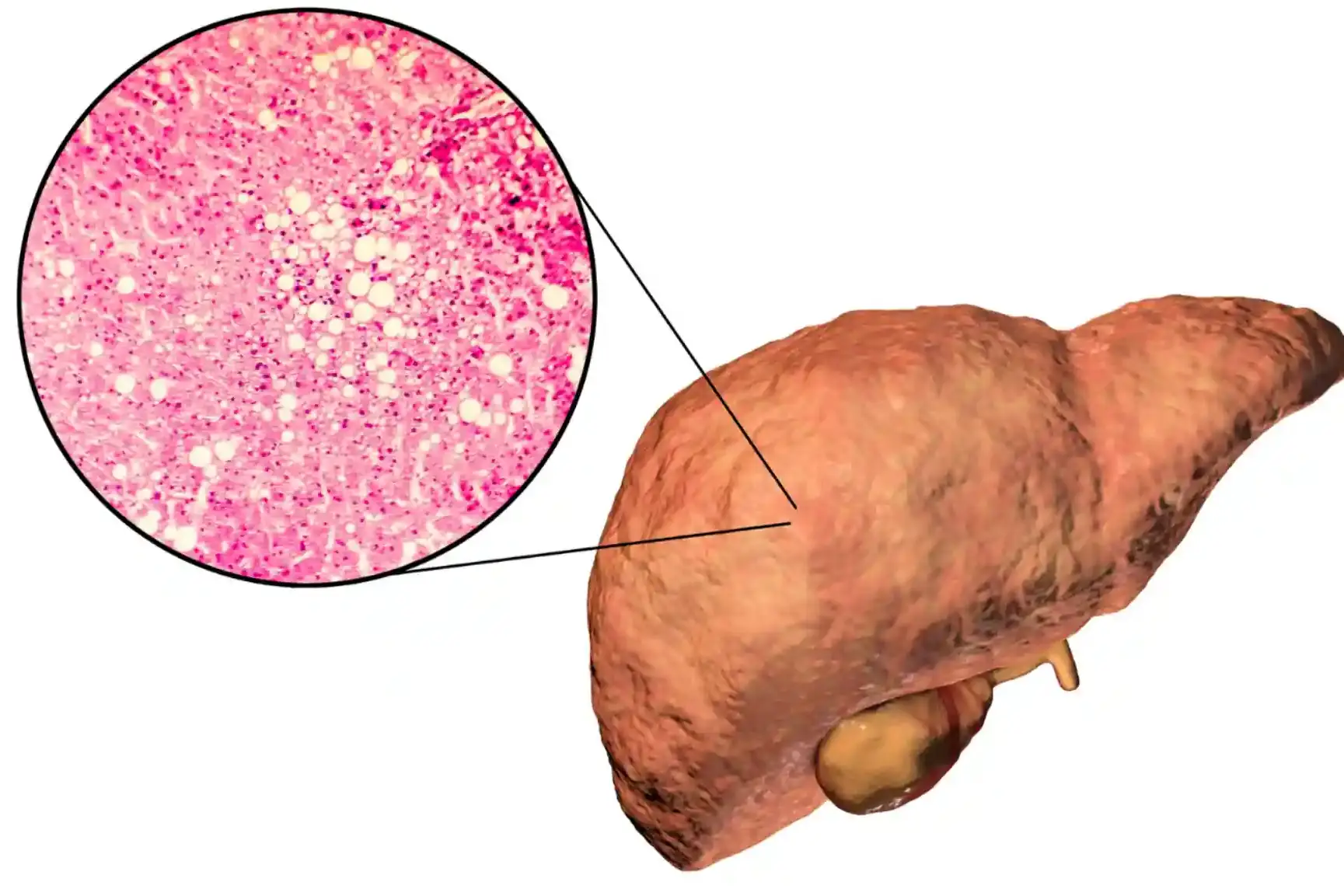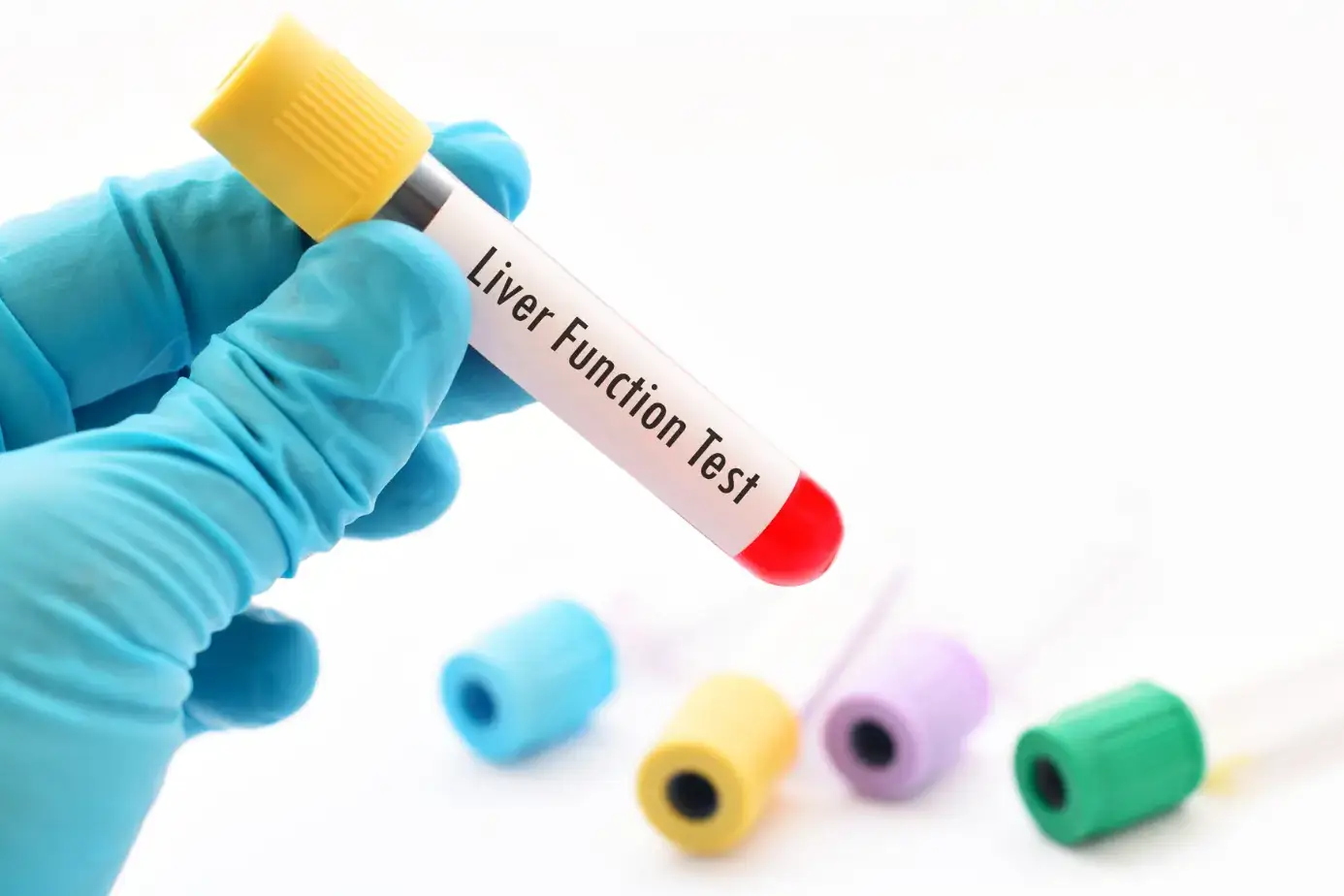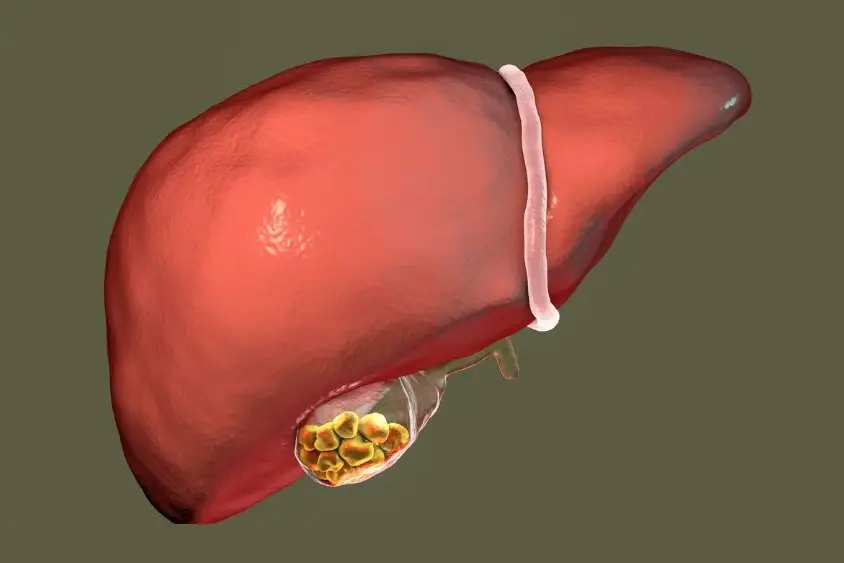Digestive system COVID issues have been a major concern for several individuals and medical experts alike. The digestive system COVID 19 impact should be carefully analyzed and monitored. At the same time, it is important to take good care of the digestive system post COVID.
Table of Contents
ToggleFor other issues, you may always contact the best gastroenterologist in Jammu or even the best doctor in Patna for stomach issues. You should keep a look out for any symptoms and then debate on hepatologist vs. gastroenterologist. You can always opt for a gastroenterologist live chat for fixing interim issues and if you have symptoms that are relevant, contact the best liver specialist in Delhi NCR as well. There are options available for a liver expert doctor in Jaipur or even a food pipe specialist who can help you.
You will get all necessary assistance from the gastro and liver clinic Patna Bihar who are amongst the top 10 gastroenterologist in Delhi as well. The quick Online Dr chat will also help you assuage your worries and concerns. Now, coming back to the core aspect, suppose you are affected by fever and have been witnessing diarrhea for some days although you do not have any shortness of breath or dry cough. You have made sure that you have not traveled anywhere or come into contact with someone testing positive for COVID. Should you get a coronavirus test done?
What research says about digestive system symptoms due to COVID?
Some points are very important in this context:
- New research and studies from Wuhan, China, indicate that you should get yourself checked for coronavirus.
- As per a study released by the American Journal of Gastroenterology in March last year, researchers discovered that more than 50% of patients testing positive for COVID-19 at hospitals in Wuhan were anxious about digestive issues and not regular symptoms which are regular signs of the coronavirus pandemic.
- These discoveries have large implications for the entire medical fraternity if it indicates a rise in the number of people testing positive for COVID-19.
Vital aspects to remember
- Keep a track of the digestive system after COVID 19 or simply ongoing digestive system issues COVID patients.
- There is a studied impact on the digestive system during COVID 19 and you should know that studies confirm that people with new onset of diarrhea and nausea, abdominal pain, bloating and fever should be quarantined and tested swiftly.
- They should not be made to sit with the regular population of patients and visitors at hospitals.
- Doctors found that out of 204 patients with coronavirus in three Wuhan hospitals, a whopping 50.5% of cases had these patients visiting hospitals for complaints about diarrhea, abdominal pain, loss of appetite and vomiting.
- A handful of cases had solely digestive issues without any respiratory symptoms alongside.
- This clearly indicates the onset of digestive system problems with COVID 19 and confirms that digestive system affected by COVID 19 is a regular affair that doctors should note.
- Patients with digestive ailments usually took 2-3 days more to visit hospitals without suspecting that they were infected by COVID 19.
- Since patients did not have commonly known pulmonary and respiratory symptoms, they only visited hospitals when they suffered from digestive issues that steadily turned absolutely unbearable.
- Most patients in this study spent more than two weeks in hospital with almost 35% still there when the study concluded and roughly 18% of patients also passed away tragically from coronavirus.
- Those who came to hospitals complaining about digestive ailments witnessed worsening of initial symptoms with the coronavirus growing much stronger.
- They were also likely to be impacted due to liver damage as compared to those without any digestive symptoms.
This is problematic since the liver creates several immune system factors that help in combating infections and also since the virus attacks similar receptors in the lungs as in the GI tract. Studies have indicated that clinicians, nurses and doctors should highlight and recognize symptoms of the digestive tract including diarrhea which may be a presenting attribute of coronavirus. The index of suspicion should be raised much earlier for patients who have such digestive symptoms instead of waiting for the emergence of respiratory symptoms in turn.
Should digestive symptoms necessitate instant COVID-19 hospitalization/testing?
There were previously worrying behavioral patterns in several countries where patients were turned away and not given permission to be tested for COVID 19 since their symptoms were not in alignment with the present line of thought regarding the coronavirus pandemic. However, some experts feel that restraint will always have to be kept in mind. They feel that if every individual with a little diarrhea went off to ERs, then the entire global healthcare systems would be greatly overwhelmed while not helping anybody as well.
Here are some pointers to note:
- Symptoms should be closely tracked and monitored instead. If there is loss of appetite, fever, persistent diarrhea and known contact with someone who has tested COVID 19 positive, then the individual should also self quarantine.
- Although COVID 19 is majorly characterized by respiratory ailments and symptoms such as cough, dyspnea and fever, digestive symptoms may also be reported as the core take-away. This is seen in a clinically significant subset of patients of COVID 19 and they often have concurrently elevated enzymes of the liver.
- In some scenarios, digestive symptoms are reported for the initial COVID 19 presentation and findings indicate that the coronavirus may completely impair the digestive tract and lead to vomiting, lack of appetite and continual diarrhea.
- It is important to explore pathogenic COVID 19 mechanisms in the digestive system while having ample potential for enhancing diagnosis, prevention and patient treatment.
- Digestive symptoms should be cautiously treated in the early coronavirus stages and dynamic monitoring is vital for cytokines and liver functions at the time of clinical practice for lowering COVID 19 mortality and other complications.
- Exploring the pathogenic mechanisms of COVID-19 in the digestive system holds potential to improve prevention, diagnosis, and treatment for these patients.
- Future studies may closely look at abnormal immune system reactions and ACE2 for treatment of the coronavirus.
- Detection of SARS-CoV-2 within fecal samples is vital for clinical procedures, especially for those with symptoms of an atypical nature and this should be done when patients are leaving the hospital too, with a view towards confirming any viral clearance.
Hence, these recommendations should be followed with regard to deciding on COVID-19 treatment or check-up protocols in case of any digestive symptoms.
Also Consider consulting the best gastroenterologist in India, Dr. Nivedita Pandey through online dr chat , who is also well known for her nutritional counselling services and teleconsultation services. She is also famous for her care from afar service and as a food pipe specialist. You can also find her as the best liver specialist doctor in Patna, Bihar or hepatologist in Patna or the best doctor for hepatitis b in Patna or at the gastro and liver clinic Patna Bihar, Gooddeed Clinic and also as a gastroenterologist in Faridabad, the best gastro doctor in Delhi, NCR, a gastroenterologist In Uttarakhand, a liver specialist in Jhansi or Best female Gynecologist in Jhansi, best gastroenterologist in Jammu or best physician in Jammu city, take advantage of the online gastroenterology consultation to gastroenterologist live chat and receive the best treatment that your body deserves!
Also Read
About The Author

Medically reviewed by Dr. Nivedita Pandey, MD, DM (Gastroenterology)
Dr. Nivedita Pandey is a U.S.-trained gastroenterologist and hepatologist with extensive experience in diagnosing and treating liver diseases and gastrointestinal disorders. She specializes in liver enzyme abnormalities, fatty liver disease, hepatitis, cirrhosis, and digestive health.
All content is reviewed for medical accuracy and aligned with current clinical guidelines.





